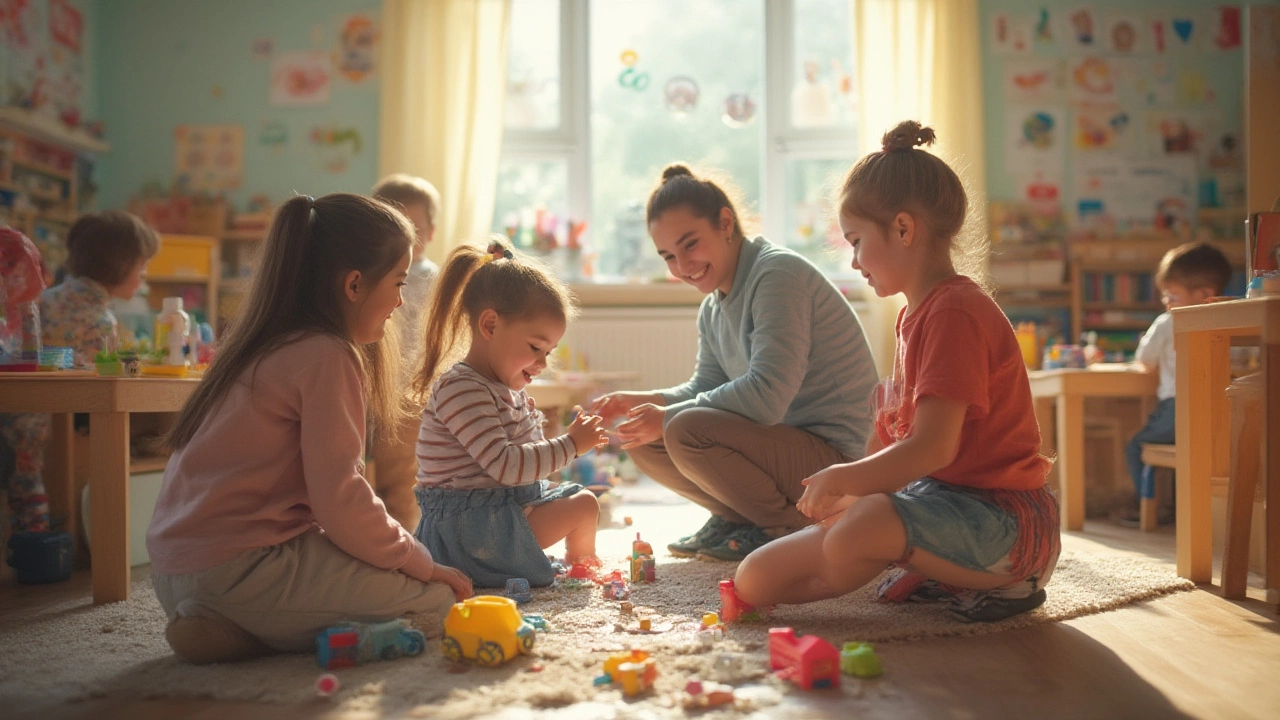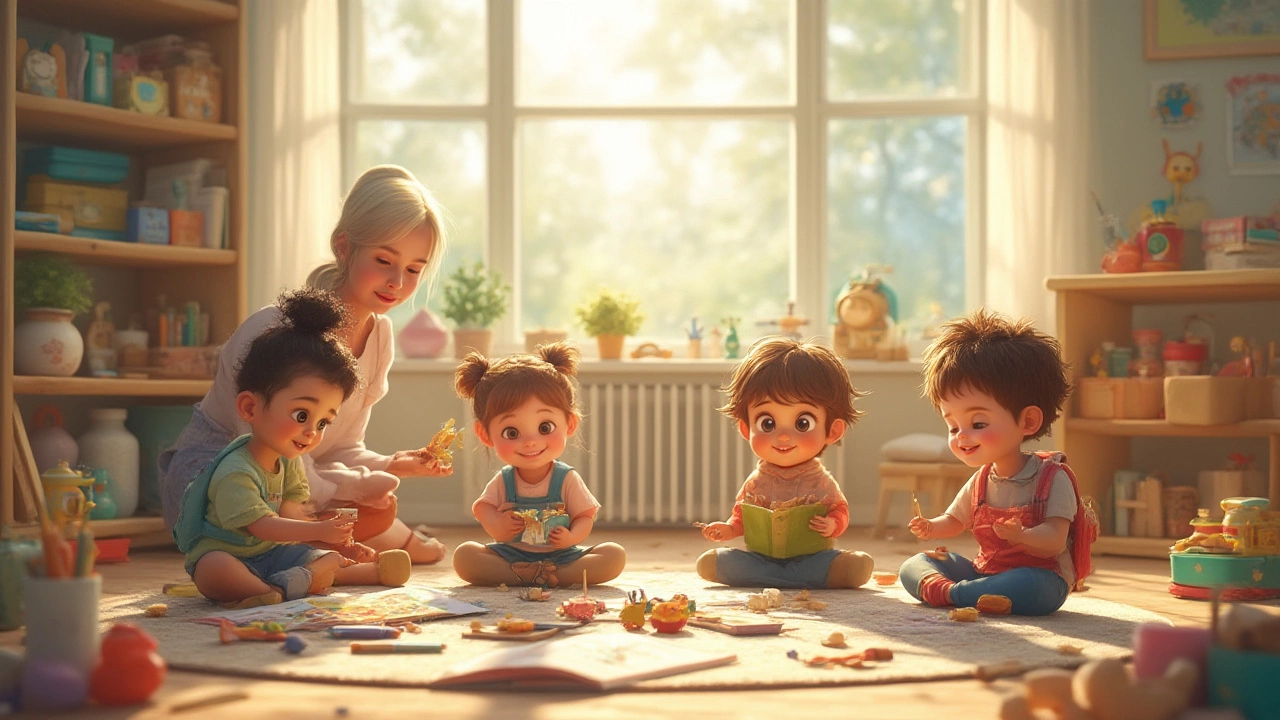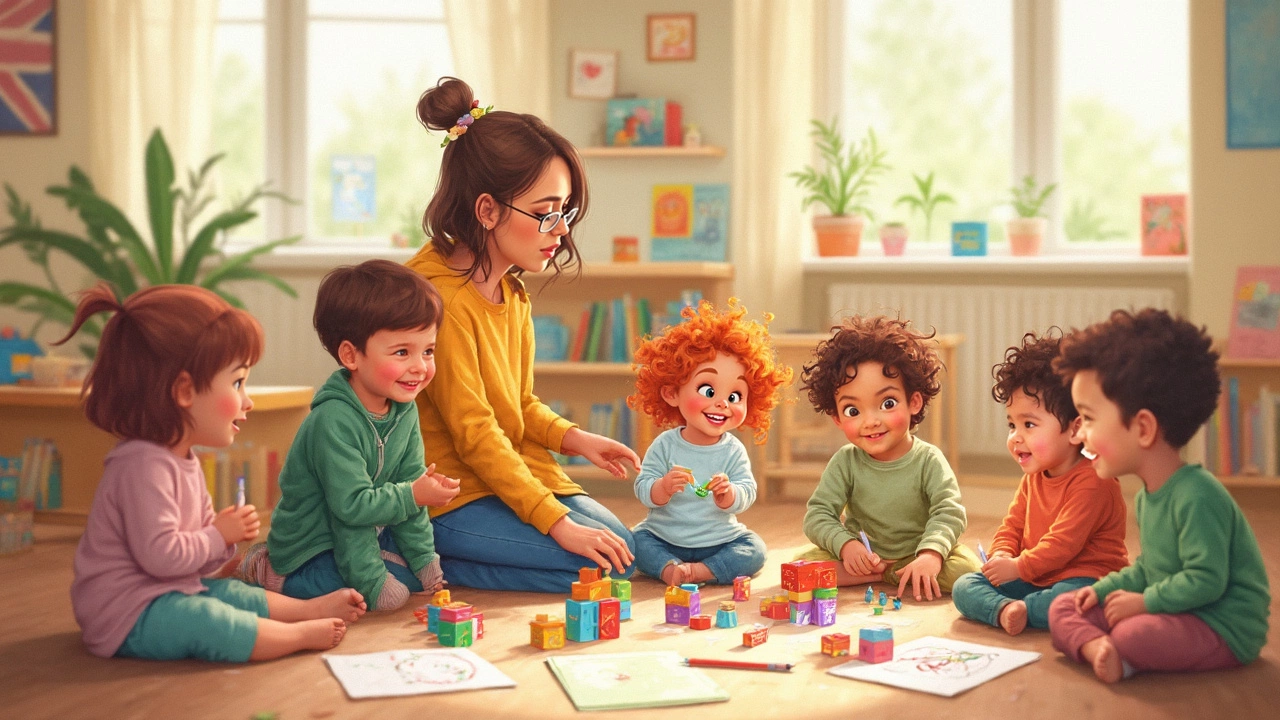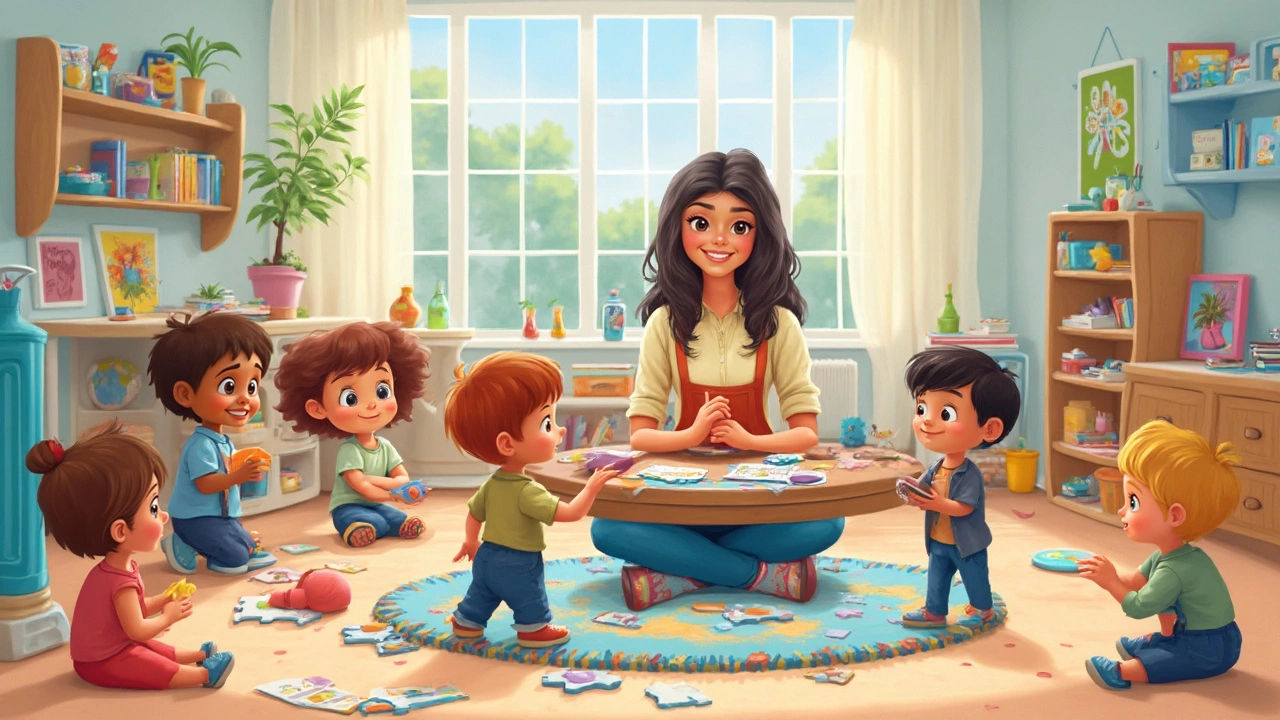Early Years Education: Why It Matters and How to Get the Most Out of It
When kids are tiny, every moment shapes the way they think, act and feel. That’s why early years education isn’t just a nice extra – it’s the groundwork for everything that follows. In this guide we’ll break down the big ideas, the real‑world benefits, and a few simple steps you can take at home or in the classroom.
The Big Why: Benefits That Stick
Research shows kids who enjoy quality early education are more likely to read earlier, solve problems better, and stay motivated through school. It’s not magic, it’s practice. Play‑based activities help children practice language, math concepts and social skills without even realizing they’re learning. A child who builds a tower learns balance, patience and cause‑and‑effect all at once.
Beyond academics, early education boosts confidence. When a child masters a new skill – like tying shoes or sharing a toy – they feel capable and are ready to try more challenging tasks. Those confidence bumps carry into later years, making school a place they want to be rather than a place they fear.
What the Early Years Curriculum Looks Like
The curriculum isn’t a rigid set of worksheets. It’s a flexible plan that mixes play, story time, outdoor exploration and hands‑on projects. Core areas include communication, physical development, personal, social and emotional growth, and early math and literacy. Teachers use everyday moments – a walk to the garden, a snack time chat – to weave learning objectives in naturally.
Play is the engine of this curriculum. It lets children experiment, make mistakes and discover solutions in a low‑pressure setting. A simple game of “pretend shop” can teach counting, turn‑taking and even basic money concepts. The key is keeping the activity child‑led while the adult gently guides the learning goals.
So, what does an early years educator actually do? They set up inviting spaces, observe each child’s interests, and plan activities that match those interests while hitting curriculum targets. They also act as a safety net, stepping in to support social conflicts, language gaps or motor challenges. Their skill set includes patience, creativity, keen observation and the ability to turn a spilled cup into a math lesson.
If you’re thinking about hiring or working with an early years educator, look for five essential skills: clear communication, the ability to stay calm under chaos, flexibility to adapt plans on the fly, creativity to make ordinary tasks exciting, and strong observation skills to spot each child’s hidden strengths.
For parents, supporting early years education at home is easier than you think. Turn daily chores into learning moments – counting socks, sorting recycling, or describing the weather. Read together every day, ask open‑ended questions, and let kids lead the play. The goal isn’t to add more homework; it’s to make learning a natural part of life.
Finally, remember that early years education is a partnership. Schools, teachers, families and the community all play a role. When everyone shares the same vision – a happy, curious child who loves to explore – the impact multiplies. Keep the conversation going, celebrate small wins, and watch your child’s confidence grow day by day.
-
25
- 0
Unwrap the real job of an early years educator: how they support child growth, guide learning, and help build strong foundations for life. Dive into their daily work and lasting impact. Read more
-
16
- 0
Discover what early years education truly means, why it’s crucial for a child’s growth, and how preschool shapes social and learning skills for lifelong success. Read more
-
20
- 0
Wondering what it really takes to succeed in early childhood education? This article breaks down five must-have skills for anyone working with young kids, sharing practical tips and insights for each. Whether you’re new to the classroom or want to brush up, you’ll learn about communication, patience, flexibility, creativity, and observation. Discover why these skills matter and how they show up in real life. Walk away with ideas you can use immediately to connect with young learners and make your days smoother. Read more
-
3
- 0
Explore the ins and outs of the early years curriculum, understanding its purpose in shaping young minds. Learn how play-based learning and a focus on holistic development lay the foundation for lifelong skills. Discover practical tips for engaging children effectively. Aimed at parents and educators looking to navigate the essentials of early childhood education. Read more
Tags Weight
- education
- exam preparation
- study tips
- adult education
- online courses
- adult learning
- lifelong learning
- distance learning
- GCSE revision
- online education
- private tutoring
- special needs education
- scholarships
- remote learning
- scholarship tips
- financial aid
- international students
- effective learning
- e-learning
- education funding




